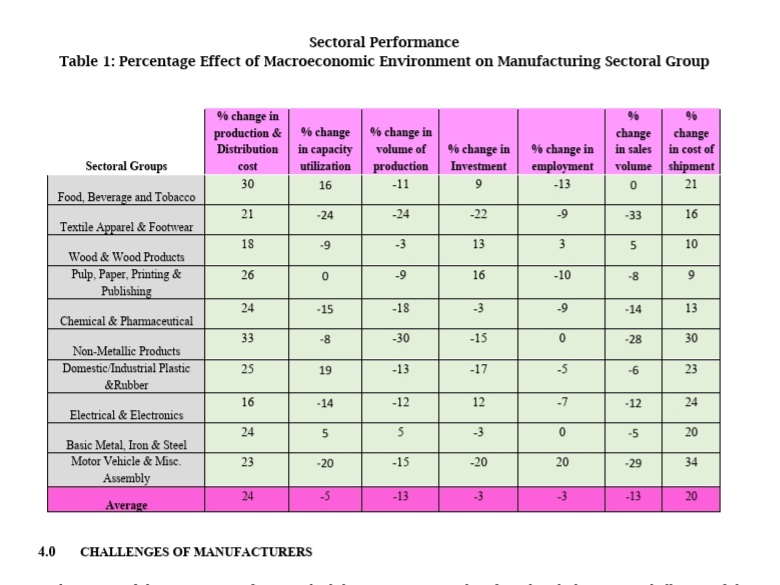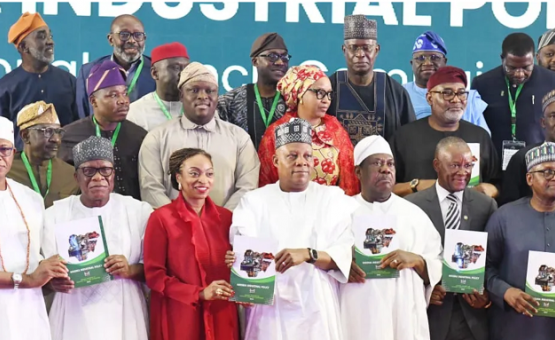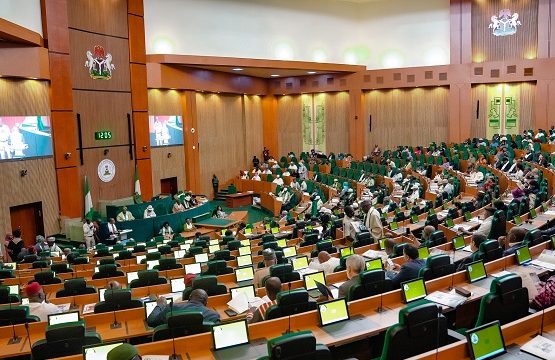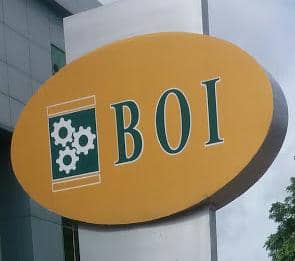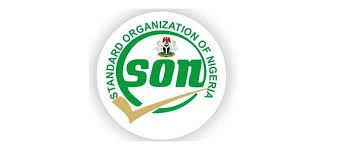The Chief Executive Officers (CEOs) of manufacturing companies in Nigeria have penciled down their agendas for the new minister of Industry, Trade and Investment – Dr.Doris Anite.
Dr. Anite was sworn -in on Monday by President Bola Tinubu alongside 44 other ministers at the State House Conference Centre (Old Banquet Hall), Abuja.
During the ceremony, President Tinubu enjoined the cabinet the ministers to serve the country with “integrity, dignity and deliver” in their different assignments, instead of serving their states and regions.
Tinubu said that the country is currently battling “daunting” challenges, adding that the ministers must implement “long overdue” reforms and restore the citizenry’s belief in the government.
Following this, the Manufacturers welcome their new minister on board through their umbrella body – Manufacturers Association of Nigeria ( MAN).
Segun Ajayi-Kadir, the Director-General of the Association, said that the new minister for industry must exhibit her articulate reasoning and compassion to act differently by hitting the ground running with a value system that can rescue manufacturers from the challenges they have been facing
across the six geo-political zones and sectoral groups.
The CEOs said that as the Minister settles down to work, she should give attention to the following issues:
1. The lingering forex scarcity and continuous depreciation of the Naira that have left manufacturers bleeding and limited their capacity utilization since the importation of non-locally produced critical input has become a nightmare.
2. Highly exorbitant double-digit lending rate of about 30 percent has rendered a number of manufacturers uncompetitive and contributed to declining investment in the sector.
3. while credit to public sector has soared over the years, credit support for the private sector in general and manufacturers in particular has been abysmally low. Incidentally, when credit is available, it is usually on short-term tenure which does not adequately support the medium to long-term gestation required in the manufacturing sector.
The implication is low investment; limited capacity utilization and low production level in the sector.
4. The absence of economic infrastructure contributes significant to the high-cost of operating environment which obstructs the development of manufacturing in Nigeria.
5. multiple regulation, multiple taxes, access to the national ports, local sourcing of raw materials, inventory of unsold manufactured, and patronage of Nigerian manufactured goods by Government MDAs.
RECOMMENDATIONS
To allay the manufacturing sector of the aforementioned hiccups, the following recommendations are imperative:
(1) Improving Forex availability
➢ Prioritize forex intervention through the official market, particularly to support the raw materials and machine needs of the industries;
➢ Improve forex allocation to industrial sector and enhance the capacity of designated banks to efficiently process application of forex by manufacturers;
➢ Grant concessional forex allocation at the official forex market to industries for importation of productive inputs that are not locally available;
➢ Unify the various forex windows in the country;
(2) Improving electricity supply to the industry
➢ Commit to upscaling electricity generation by at least 10,000MW; Egypt built 10000MW in 2 years.
➢ Encourage further investment in electricity value chain, Generation, Transmission and Distribution
➢ Sustain the Eligible Customer initiative to improve electricity supplied to the manufacturing sector;
➢ Embrace and support significant development of energy mix and renewables: the country has huge potentials for Solar and Wind energy sources;
➢ Resuscitate the existing national refineries to produce fuels locally;
➢ Allow gas to be supplied to domestic users including manufacturers at international export price plus $1; that $3.2+$1 rather than the current $8.76 per cubic metre.
➢ On the medium to long run, urgently commission the Chiyoda Groups Japan that built the national refineries originally to carry out a Turnaround Maintenance of the four refineries
(3) Improving electricity supply to the industries
➢ Increase the quantum of energy generation in the economy and encourage energy mix and energy efficiency within the private sector;
➢ Rehabilitate the four national refineries to resume domestic refining of crude oil into various fuels: PMS, DPK, AGO, and so on;
➢ Sell gas to the local industries at the export price of $3.25 per cubic metre;
(4) Reducing the number of taxes payable by industries
➢ Publish the list of approved harmonized taxes and levies for the manufacturing sector by the Joint Tax Board (JTB)
➢ Commence implementation of the harmonized taxes and levies project which should be monitored and enforced strictly by the Joint Tax Board (JTB);
➢ Jettison the proposed increase in Excise Duties.
➢ Develop a comprehensive and integrated framework that will facilitate the intentional movement of operators in the informal sector to the formal sector.
➢ Widen the tax net rather than increasing the tax base or the tax burden of existing tax payers.
(5) Improving the availability of local raw materials
➢ Re-invigorate the backward integration policy through the use of local resources to provide raw materials to the industries;
➢ Provide a structure inventive for potential investment in local development of raw materials;
(6) Improving access to credit by industries
➢ Set up a monitoring and evaluation platform with private sector representatives to oversee the disbursement of the various development funds meant for the industries;
➢ Provide a Credit guarantee for industrial loans from commercial banks;
➢ Create development funding windows for SMEs with liberal conditionality.
(7) Stabilizing the macroeconomy
➢ Through fiscal and monetary policy authorities’ joint effort, formulate and implement a national policy that would address the current high inflation in the country.
▪︎ Manufacturing Sector Sectoral Performance in first quarterof2023.
Source: MAN CEOs Surrey
